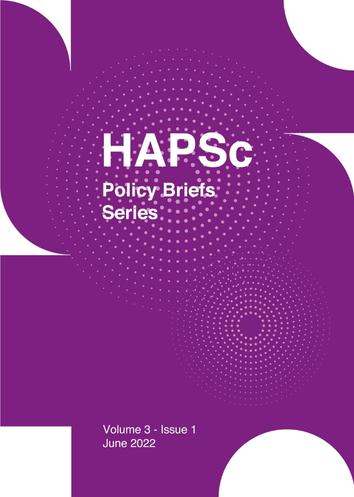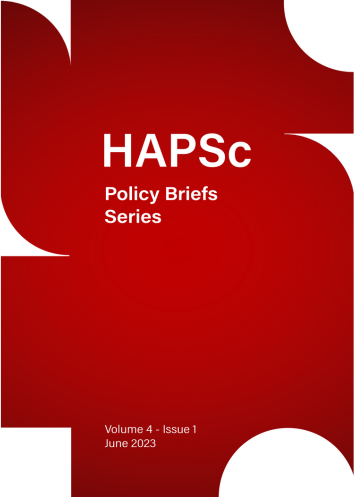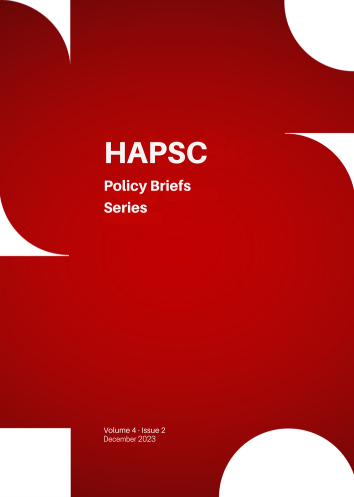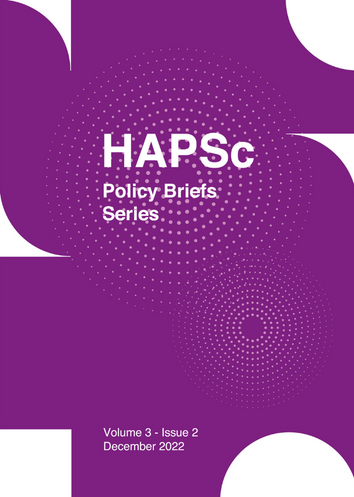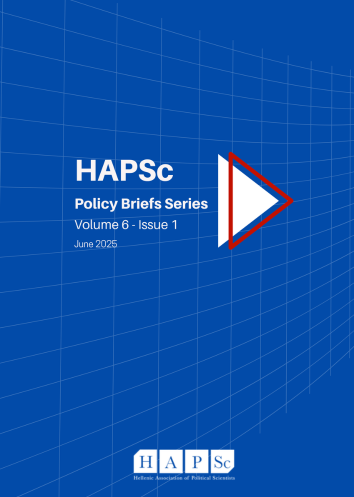ESG as a Competitive Intelligence Source in the Shipping Industry
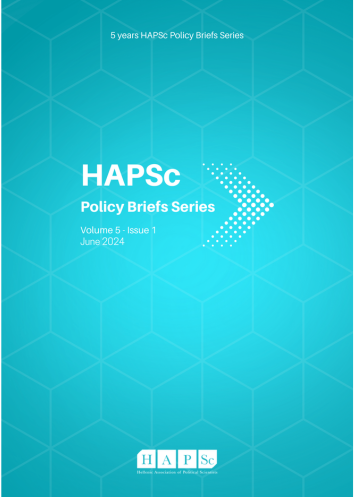
Abstract
The present paper explores the emerging role of Environmental, Social, and Governance (ESG) factors as a potent source of Competitive Intelligence (CI) within the Shipping industry. With increasing global focus on sustainability and responsible corporate practices, stakeholders in Shipping are recognizing the significance of integrating ESG considerations into their strategic decision-making processes. This paper investigates how ESG data can serve as a valuable tool for gaining competitive advantage, enhancing risk management, and fostering long-term sustainability within the Shipping industry. Through a comprehensive review of literature, case studies, and industry reports, this paper offers insights into the evolving landscape of ESG implications for CI in Shipping.
Article Details
- How to Cite
-
Kanellopoulos, A. N. (2024). ESG as a Competitive Intelligence Source in the Shipping Industry. HAPSc Policy Briefs Series, 5(1), 94–103. https://doi.org/10.12681/hapscpbs.38974
- Section
- Articles

This work is licensed under a Creative Commons Attribution 4.0 International License.
Authors retain copyright and grant the journal right of first publication with the work simultaneously licensed under a Creative Commons Attribution License that allows others to share the work with an acknowledgement of the work's authorship and initial publication in this journal.


